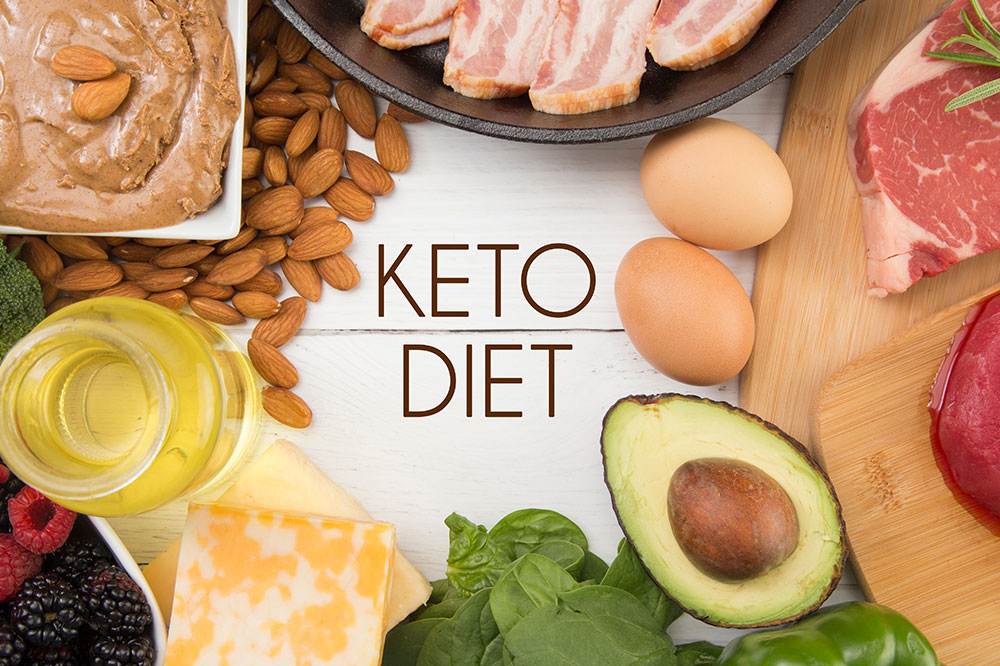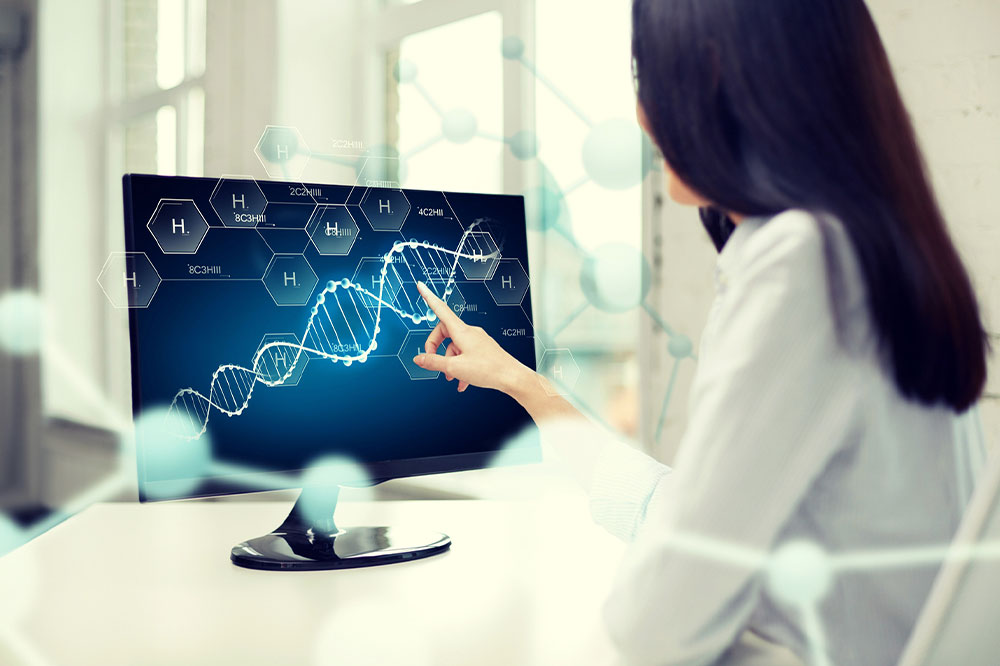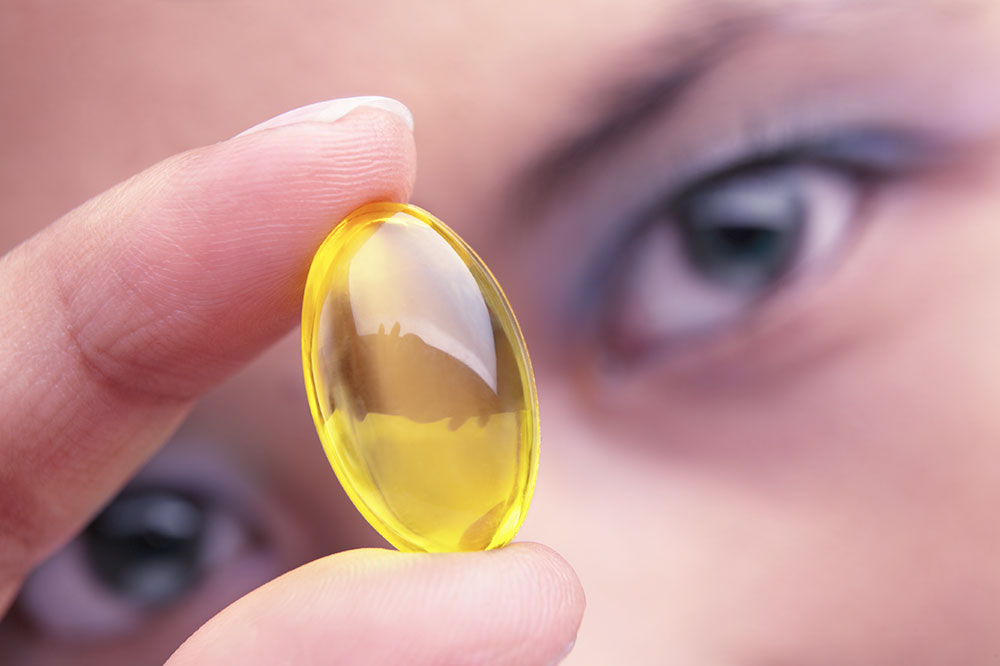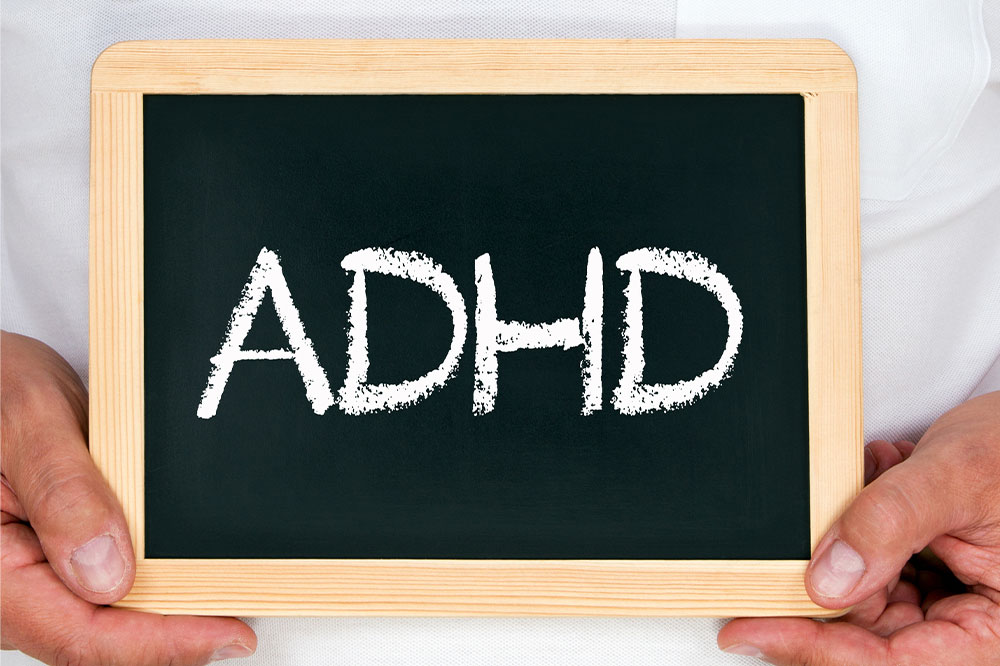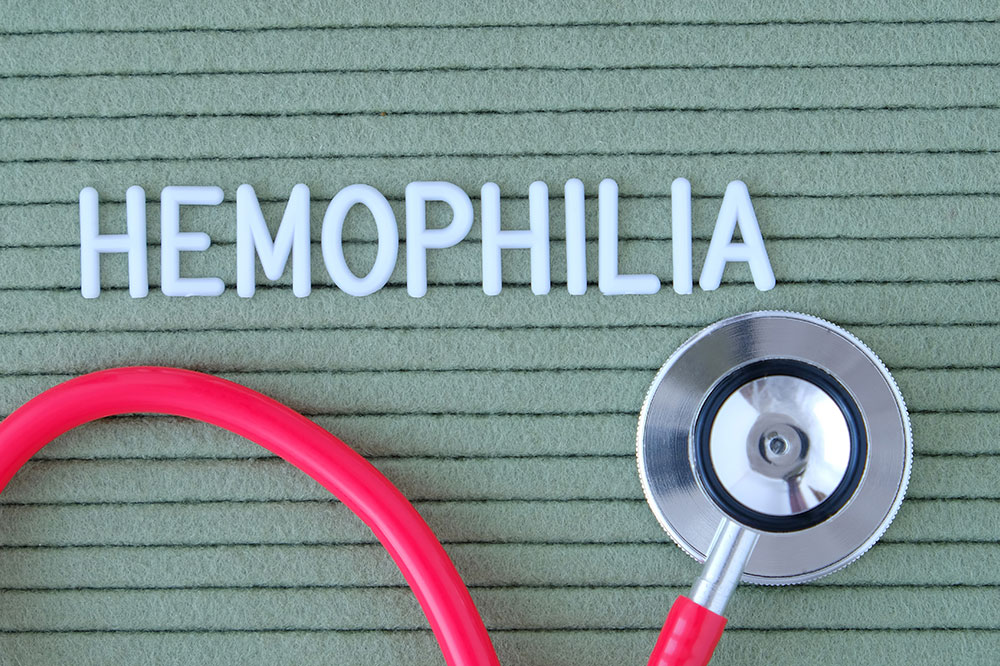
Hemophilia – Early signs and ways to manage the condition
Hemophilia is a condition wherein the blood does not clot as there are insufficient clotting proteins present. This is a rare disorder. While small cuts and wounds may not be an issue, serious injuries can be even more life threatening due to lack of blood clotting factors that prevent a person from bleeding out completely. Hemophilia is usually a genetic disorder. Let us look at some symptoms and treatment options. Symptoms Signs and symptoms of hemophilia vary from person to person. Depending on the level of clotting factors in an individual, they can experience mild to severe symptoms. Some may bleed excessively and profusely even after small cuts or injuries, including dental work and surgery. Others can be prone to many large or deep bruises frequently. Bleeding after vaccinations is also common in some people. In other cases, one may notice blood in the urine or stool along with having erratic nosebleeds. Some people may also feel pain, swelling, and some stiffness in the joints. An uncommon symptom of hemophilia involves bleeding in the brain, which can cause severe complications to one’s health. For those with severe hemophilia, a bump on the head can be responsible for bleeding into the brain. A person suffering from this may experience prolonged, painful headaches; double vision; sleepiness; exhaustion; and lethargy.
Read More 



